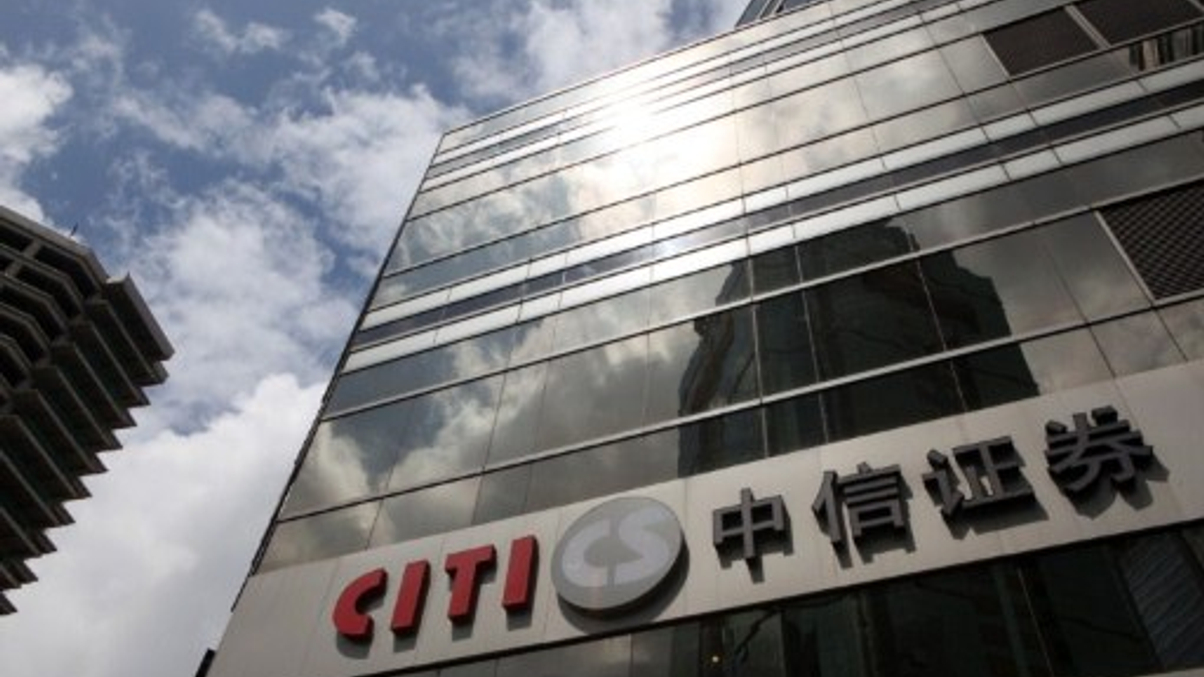China AMC tipped to bolster position after stake offload
China's largest fund management firm will soon be able to launch products after its new shareholders are unveiled. Canada’s Power Corporation now has an enviable 10% stake in the business.

The transformation of China AMC into a joint-venture fund management company following widely publicised stake sales is expected to enable it to bolster its competitive position.
Sign in to read on!
Registered users get 2 free articles in 30 days.
Subscribers have full unlimited access to AsianInvestor
Not signed up? New users get 2 free articles per month, plus a 7-day unlimited free trial.
¬ Haymarket Media Limited. All rights reserved.


